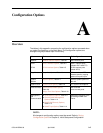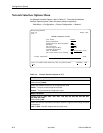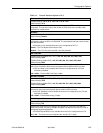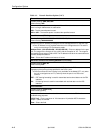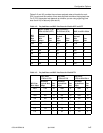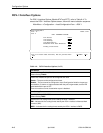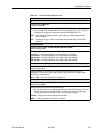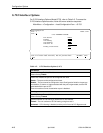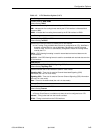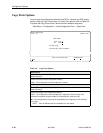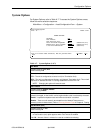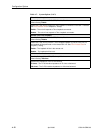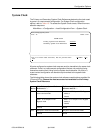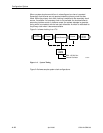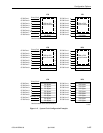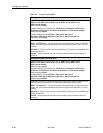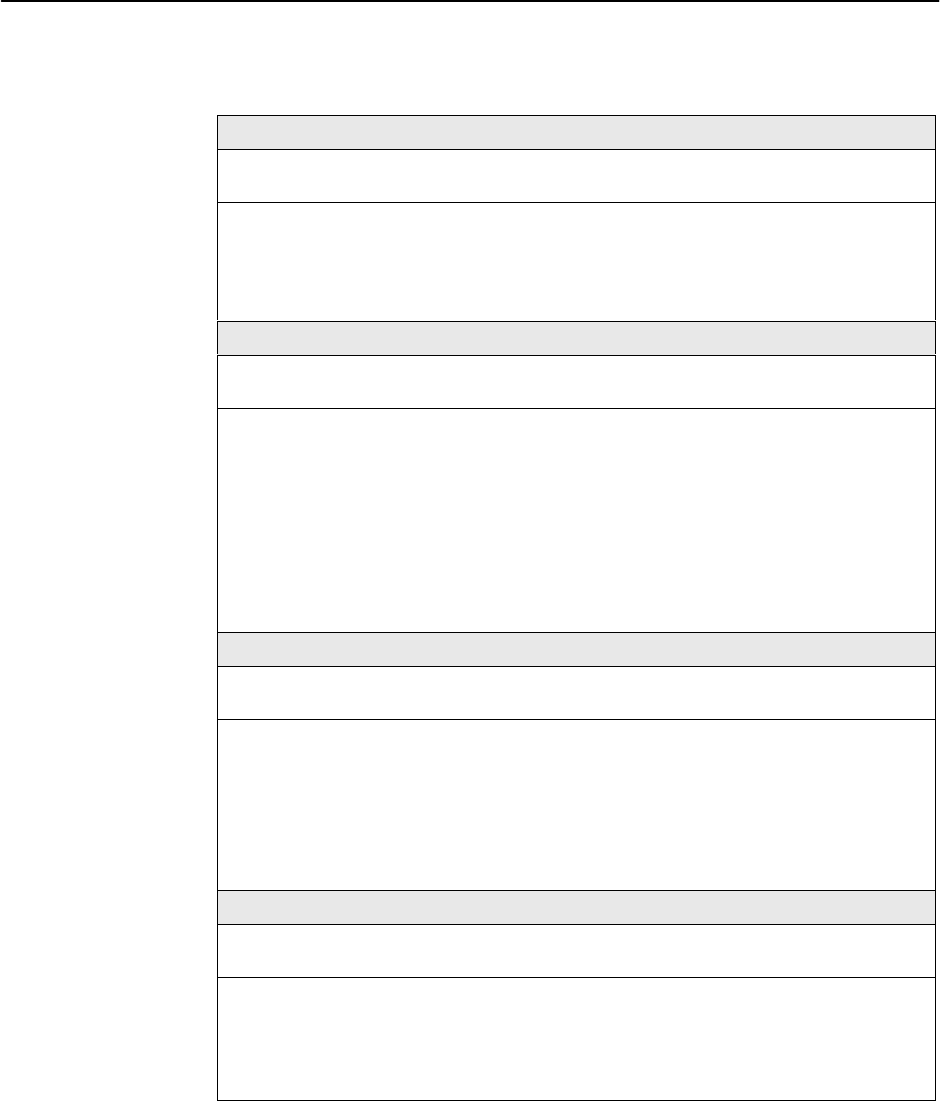
Configuration Options
A-9
8700-A2-GB20-00
April 2000
Table A-5. G.703 Interface Options (2 of 2)
Line Coding
Possible Settings: AMI, HDB3
Default Setting: HDB3
Specifies the line coding format to be used by the G.703 interface.
AMI – Indicates the line coding format used by the G.703 interface is Alternate Mark
Inversion (AMI).
HDB3 – Indicates the line coding format used by the G.703 interface is HDB3.
Line Framing
Possible Settings: CRC4, noCRC4
Default Setting: noCRC4
Specifies the framing format to be used by the G.703 interface.
H Line Framing is only available when the unit is configured as an LTU, AutoRate is
disabled, and the DSL Line rate is 2064 kbps. Otherwise the noCRC4 framing
format is used. The NTU is automatically configured to match the framing format
used by the LTU.
CRC4 – CRC4 framing formatting is used for transmitted and received data over the
G.703 Interface.
noCRC4 – Non-CRC4 framing format is used for transmitted and received data over the
G.703 Interface.
Time Slot 16
Possible Settings: Signaling-CAS, Signaling-CCS, Data
Default Setting: Signaling-CCS
Specifies whether the G.703 interface is used for voice or data.
Signaling-CAS – Time slot 16 contains Channel Associated Signaling (CAS)
information (the unit is in voice mode).
Signaling-CCS – Time slot 16 contains Common Channel Signaling (CCS) information
(the unit is in voice mode).
Data – Time slot 16 contains data (the unit is in data mode).
Primary Clock Source
Possible Settings: Internal, G.703
Default Setting: Internal
Determines the primary clock source for the unit.
H Primary Clock Source is available only when the unit is configured as an LTU.
Internal – Timing is derived from the internal oscillator.
G.703 – Timing is derived from the G.703 interface.



